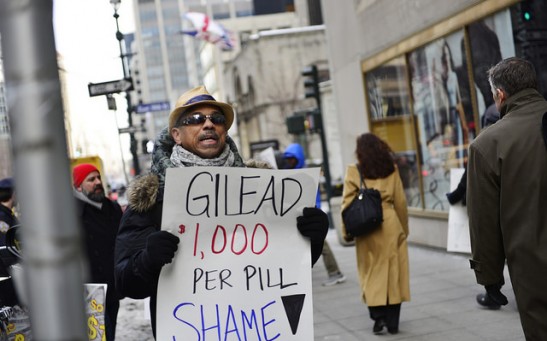pharmaceuticals

ADHD Drug May Help You Drop the Fork
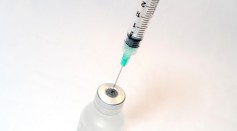
The Universal Flu Vaccine: How Long Until It's Here

Novartis Seeking Approval for Medication to Treat 'Smoker's Cough'

Drug Approvals Reached New High in 2014: What's Next?
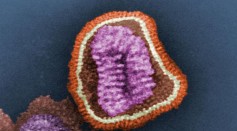
Teen’s Death Demonstrates The Dangers of This Year’s Flu

2014 Was a Busy Year for Disease Control

Suicide Risk Greater for Children of Parents Who Attempted Suicide
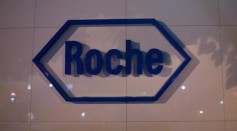
FDA Approves a Fast-Acting Ebola Test

Can the Blood of Survivors Help Cure Ebola? The Limitations and Expectations of a New Vaccine

Hep-C Treatment On a Budget - Why Prices are Plummeting
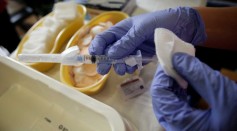
Why the CDC Says Bay Area Residents are In For the Flu Season of Their Lives

Will Double the Dose Just Be Twice the Trouble?—Ebola Update December 2014
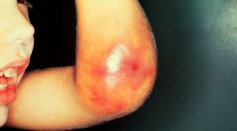
Pfizer Explores Gene Therapy In Developing Treatment For Rare Diseases

Brace Yourselves for Alzheimer's Boom by 2050
Most Popular

How Technology Is Changing the Real Estate Industry?

Nikolay Karpenko Biography, Photo, Career, Accomplishments

How a Plant-Based Diet Can Protect Against Breast Cancer: Insights from Nutrition Research

The Role of AI in the Next Generation of Logistics: Insights from Tobias Waldhecker

